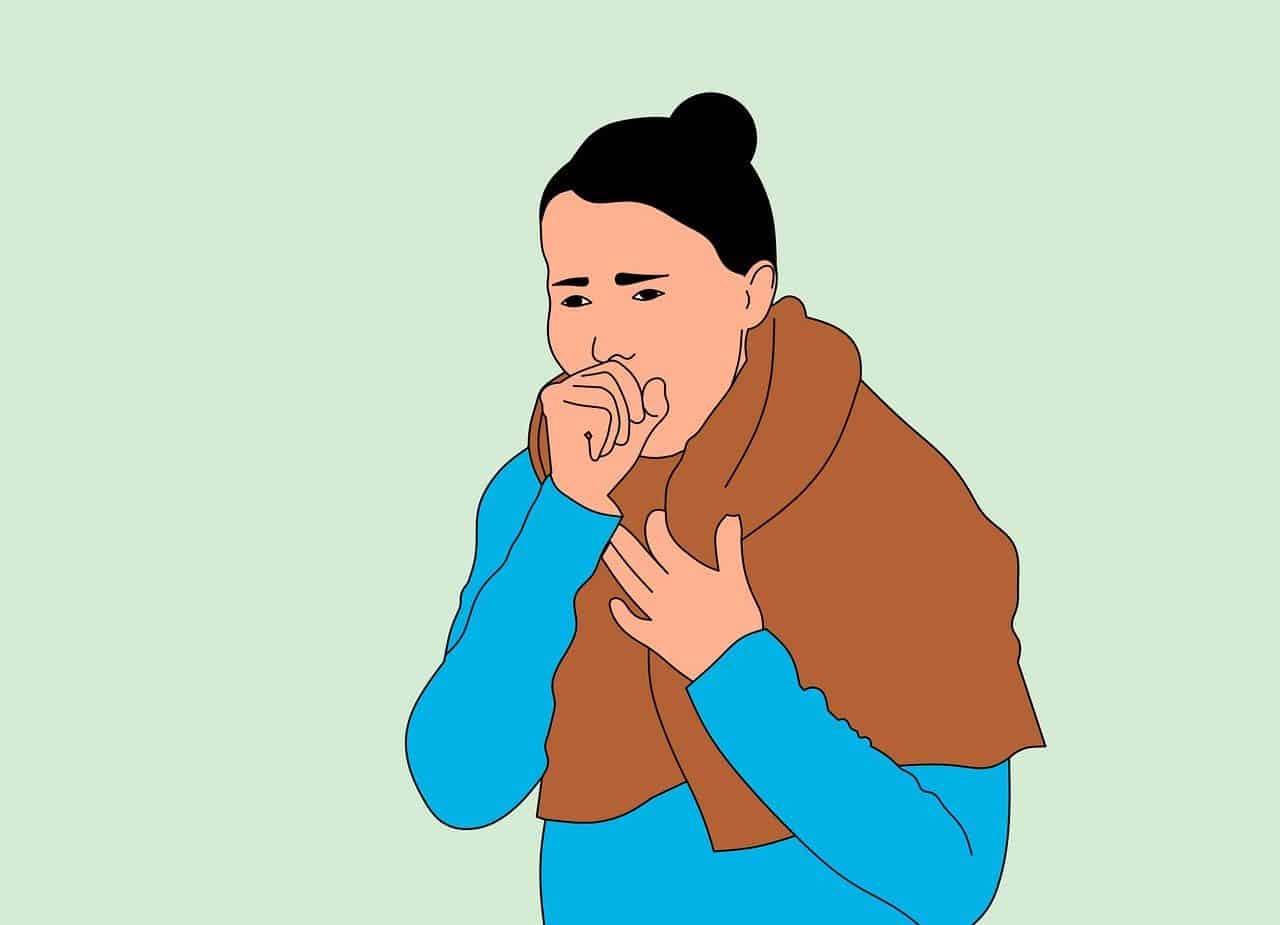
The immune response is a mechanism of the body to recognize and defend itself against foreign and harmful agents.
The immune response is the body's way of recognizing and defending itself against those agents that are foreign and harmful to it . This response is regulated by the so-called immune system.
It should be noted that a response is a response that one subject provides to another when requested or called. The concept can also be used with reference to the satisfaction of a query or the reaction to a stimulus.
Immune , for its part, is an adjective that comes from the Latin word immūnis and refers to that which cannot be violated, that does not suffer the consequences of a disease or that is related to immunity ( resistance to a pathogenic agent ).
Development of an immune response
The immune system is made up of various structures that allow, through different processes, to identify and eliminate pathogens that could cause harm . For the immune response or immune response to be correct, it is essential that the immune system accurately recognizes harmful agents and differentiates them from healthy cells.
The immune response is usually a reaction to molecules found on the surface of bacteria , viruses , cells or fungi . The immune response can also be linked to the presence of a foreign particle or toxin.

Cough is an example of an immune response.
Some examples
There are many types of immune responses that our body carries out in the presence of foreign elements. The most common are mucus , which is responsible for trapping small particles and bacteria, as well as tears and even gastric acid or the oil on the skin.
A simple example of an immune response is cough , a reflex that arises when a foreign agent appears in the airways. In this case, it is an innate immune response, which all people have from birth.
When the immune response is inappropriate
As we have mentioned, the existence of an adequate and efficient immune response directly protects the body against various disorders and diseases. However, it may also be the case that this response is inappropriate , excessive or even deficient , which will lead to serious consequences for the immune system.
Specifically, what will happen is that the body will have to face adverse consequences, such as the following:
- What is called anaphylaxis , an allergic-type reaction that, in some cases, can even cause death. Its most common symptoms are vomiting, difficulty breathing, diarrhea, abdominal pain, loss of consciousness, wheezing, redness of the skin and notable swelling of the face.
- Allergy , also known as hypersensitivity . This can be caused by food, plants, insect bites, medications, dust or pollen, and textile materials.
- In the cases of people who have undergone surgery to receive an organ transplant , the poor immune response may lead to organ rejection.
- A reaction called serum sickness , which occurs when a person receives a medicine that contains protein. What you experience is a rejection of it that results in hives, fever and joint pain.
